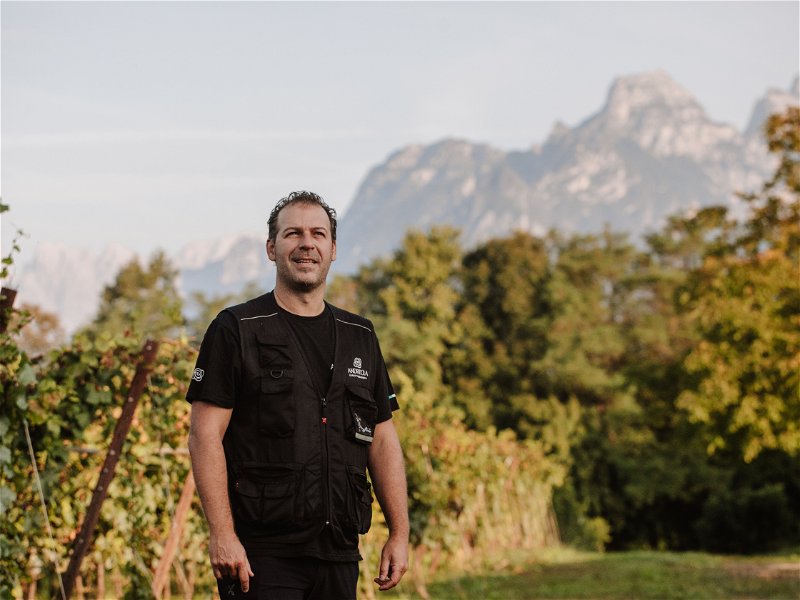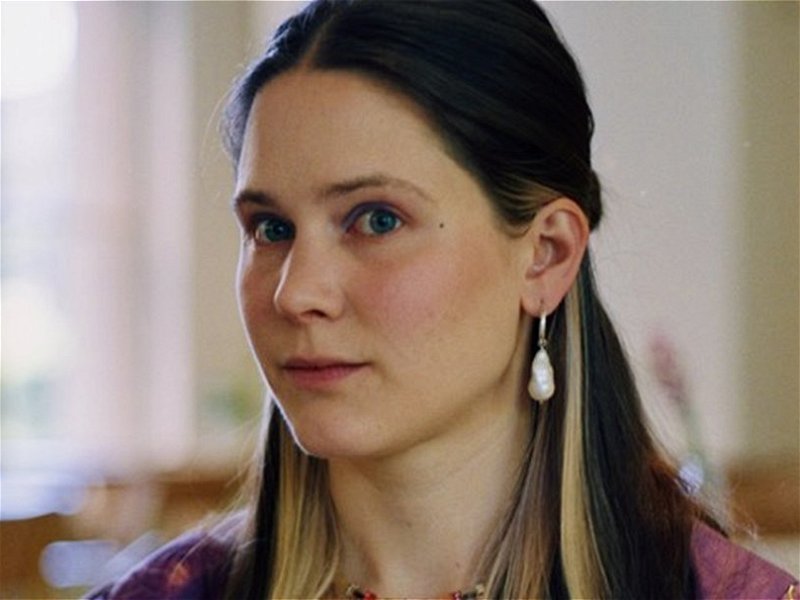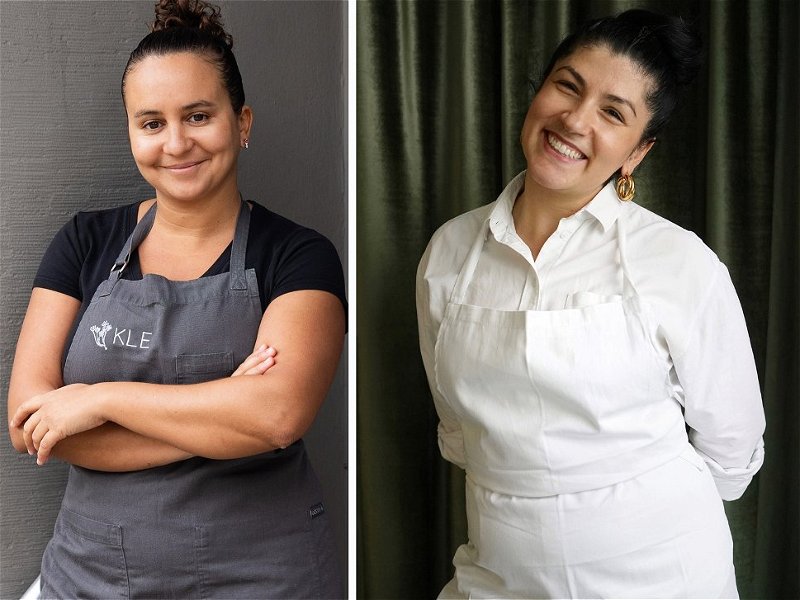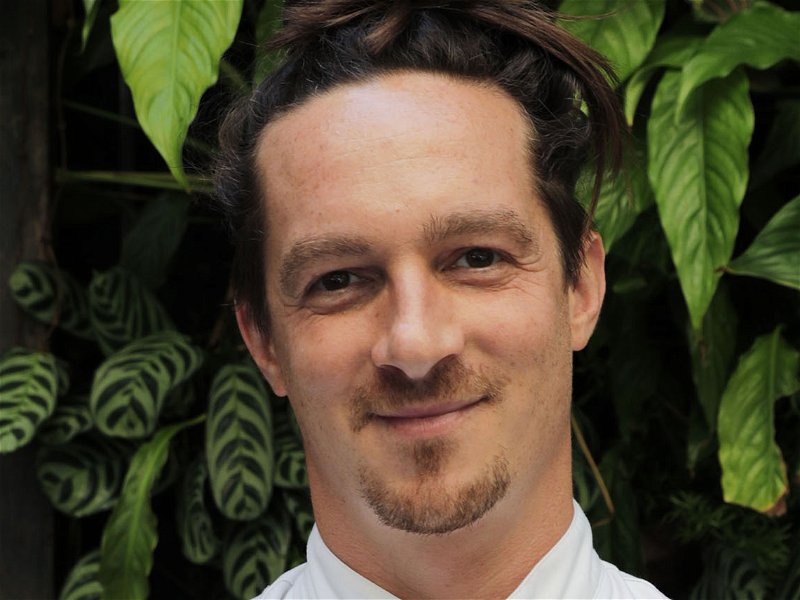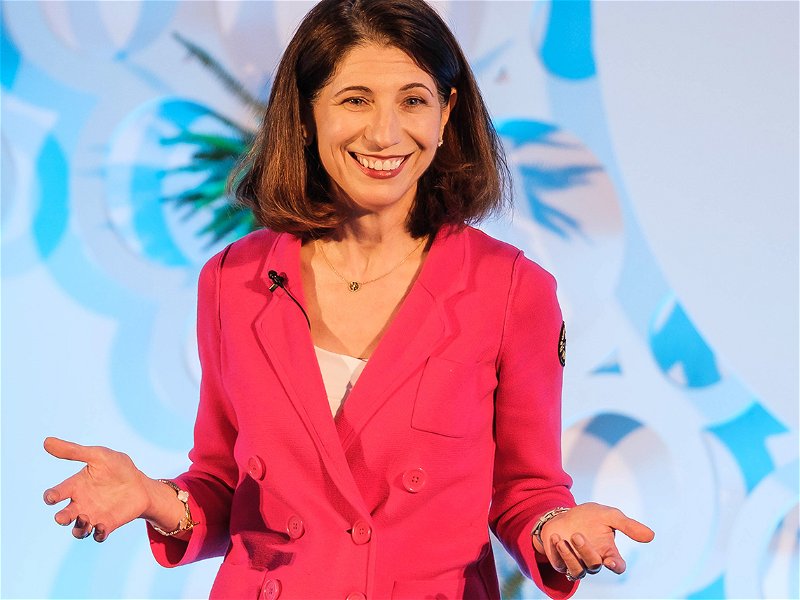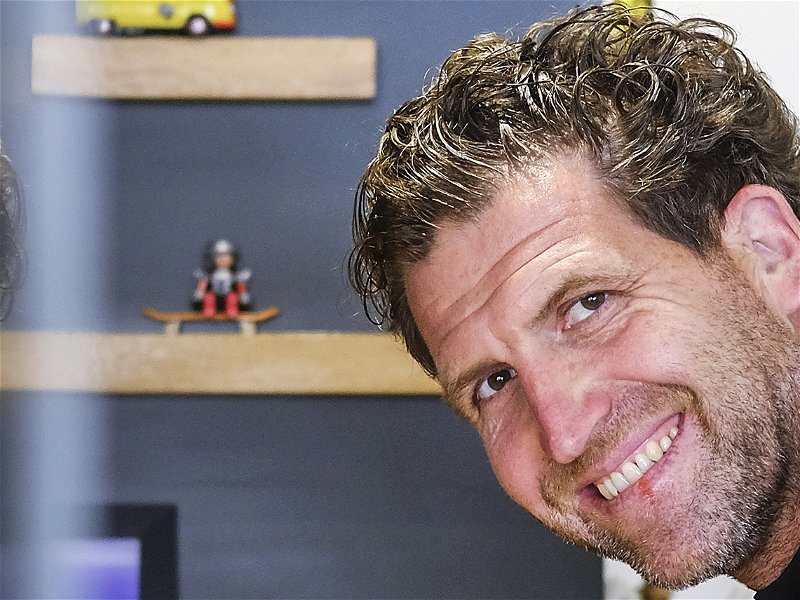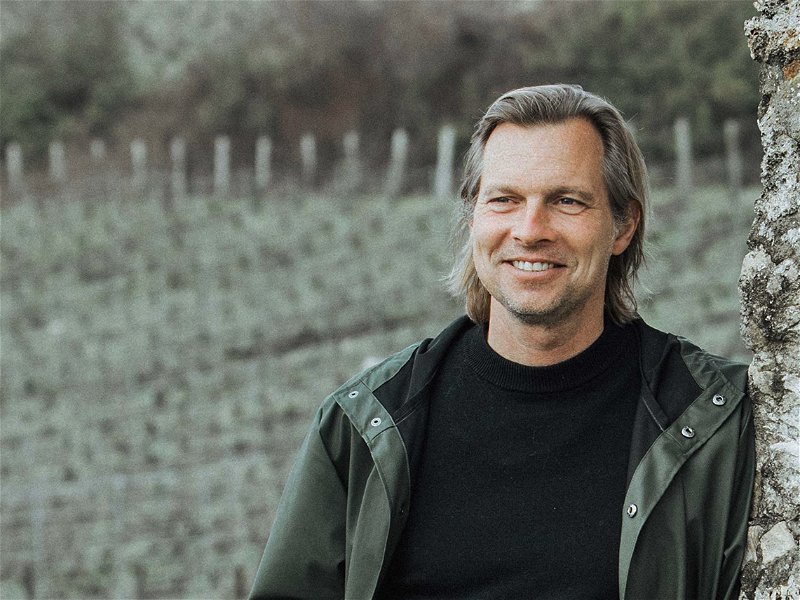Relais & Châteaux chefs ban eel from the menu
Holger Bodendorf, representative of the German-Austrian delegation to the World Culinary Council, in an interview about the initiative and the awareness of a culinary culture that respects ecosystems and biodiversity.
The European eel is an absolute delicacy for gourmets, while it is a prized sea creature for animal rights activists. Until now fish has been very generously represented on menus all over the world, particularly in French, Spanish, Dutch and Japanese cuisine. In fact the fish was so popular that it is now considered endangered and is on the World Conservation Union's Red List.
Over the last two decades scientists from the International Council for the Exploration of the Sea (ICES) have repeatedly pointed out the reasons for the alarming decline of this fish species. And in the last three years there have even been appeals to stop fishing for eels altogether. With this goal in mind, the 21 chefs from "Relais & Châteaux", who are represented in the association's "World Culinary Council", met in October to vote on the immediate exclusion of European eel from their menus.
In cooperation with the NGO "Ethic Ocean", "Relais & Châteaux" is now finally appealing to the 27 ministers of the European Union to take this chefs' initiative and the scientific recommendations seriously. The aim is to take the necessary steps to protect the endangered species before the end of December.
Falstaff spoke to Holger Bodendorf, representative of the German-Austrian delegation to the World Culinary Council, about the problem.
The chefs at Relais & Châteaux want to remove eel from their menus. What was the deciding factor?
Preserving culinary diversity and protecting the environment are part of the "Relais & Châteaux" manifesto, which was presented to UNESCO in 2014. With this in mind, we chefs want to use our voices and contribute to change.
What is the general level of awareness of sustainability in top gastronomy?
The awareness is there, and the last ten years in particular have changed a lot. Chefs are more trained and more sensitive to these issues, at least in the DACH region.
For a long time, it was thought that fine dining and sustainability were generally incompatible. Many concepts now prove the opposite. How do you assess the status quo in the industry?
From my perspective as a member of the "World Culinary Council" of "Relais & Châteaux", I can say that sustainability is absolutely paramount for my colleagues and me. Of course, with some concepts it is more difficult to focus only on regional products, for example, but I would also like to see more flexibility here.
What resources are you already using sparingly?
At Landhaus Stricker, we have committed ourselves to using at least 60 percent regional produce and in the "Siebzehn84" restaurant we even aim to source all produce locally. In addition, this year's renovation of our building was all about sustainability. From curtains made from recycled materials to energy-saving thermostats, careful use of our resources was a priority. Our company is also virtually plastic-free.
How can we use sustainable and ethical food sources, support the protection of endangered species and still preserve culinary diversity?
It is precisely through conscious and sustainable action that culinary diversity can be preserved. It is important that we question what we offer our guests. The question is always what is regionally and seasonally available and meets our highest standards. The guest understands this, because in the end it is also about the quality that can be tasted on their plate.
After all, sustainability should be on everyone's mind. How aware are your guests of the current challenges?
We notice that our guests are already aware of these issues and are also interested in background information from our company. We are not afraid to talk to our guests about these topics and provide them with the odd bit of information.
How can we create awareness for a culture of enjoyment that respects ecosystems and biodiversity?
It must be a lived reality that we, as hoteliers, pass on to our employees and that we, as role models, bring to life for our guests in the restaurant or hotel. It is important to me that awareness of this becomes a matter of course in our industry.




